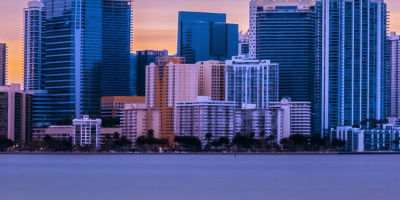x
Spokane is the largest city and county seat of Spokane County, Washington, United States. It is in eastern Washington, along the Spokane River, adjacent to the Selkirk Mountains, and west of the Rocky Mountain foothills, 92 miles (148 km) south of the Canadian border, 18 miles (30 km) west of the Washington–Idaho border, and 279 miles (449 km east of Seattle, along I-90.
x
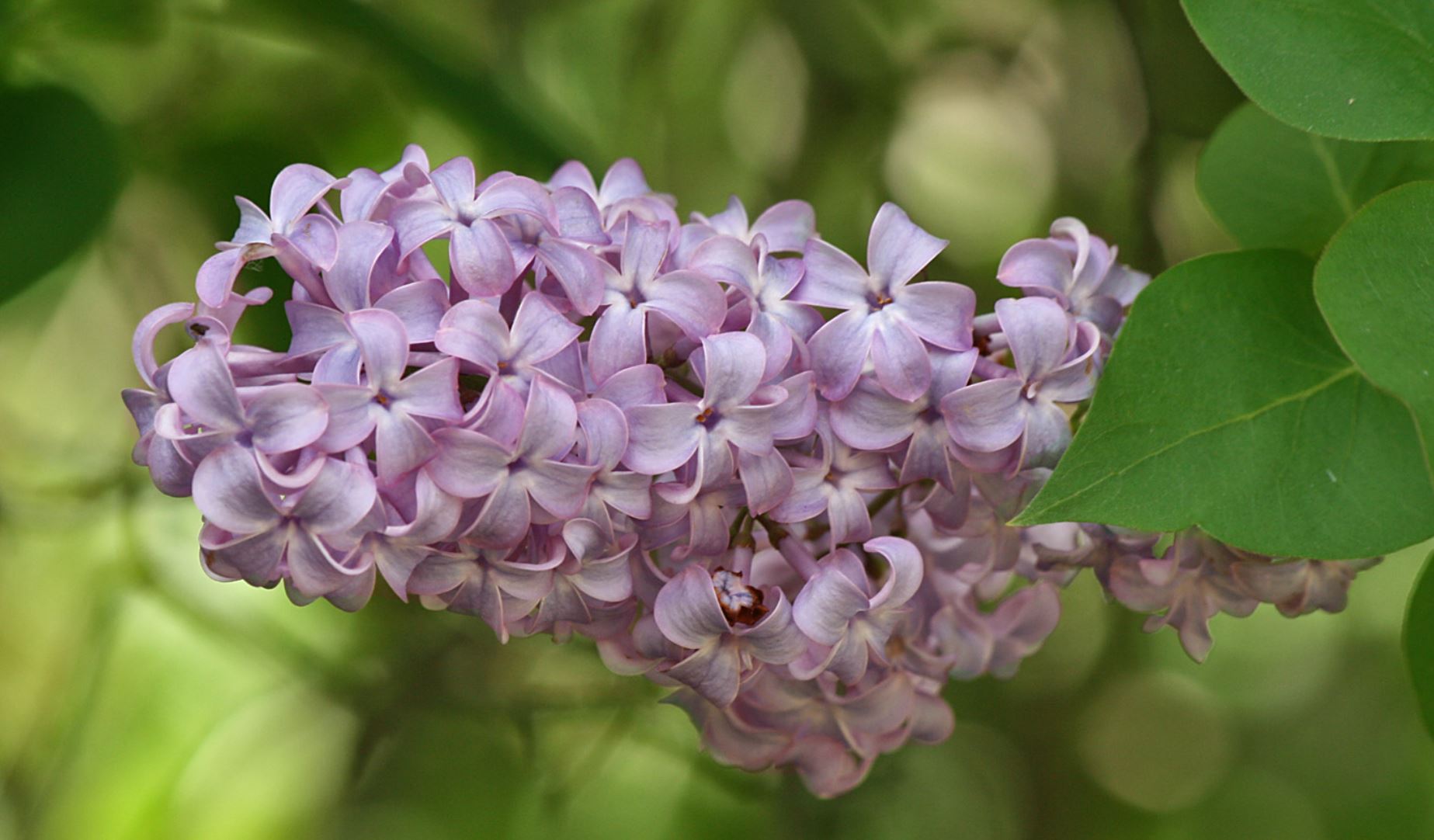
x
Spokane is known as “The Lilac City” for its lilac flowers.
Spokane es conocida como “La Ciudad Lila” por sus flores de lila.
x
x
Spokane Lilac Parade
x
Spokane es una ciudad ubicada en el condado de Spokane en el estado estadounidense de Washington. Se encuentra en el este de Washington, a lo largo del río Spokane, adyacente a las montañas Selkirk, y al oeste de las estribaciones de las Montañas Rocosas, a 92 millas (148 km) al sur de la frontera canadiense, 18 millas (30 km) al oeste de la frontera entre Washington e Idaho, y 279 millas (449 km) al este de Seattle, a lo largo de la I-90.
x

x
Spokane is the economic and cultural center of the Spokane metropolitan area, the Spokane–Coeur d’Alene combined statistical area, and the Inland Northwest. It is known as the birthplace of Father’s Day, and locally by the nickname of “Lilac City”. Officially, Spokane goes by the nickname of Hooptown USA, due to Spokane annually hosting Spokane Hoopfest, the world’s largest basketball tournament. The city and the wider Inland Northwest area are served by Spokane International Airport, 5 miles (8 km) west of Downtown Spokane. According to the 2010 census, Spokane had a population of 208,916, making it the second-largest city in Washington, and the 101st-largest city in the United States. At the 2020 census, Spokane’s population was 228,989. A 2021 estimate sets the population of the Spokane Metropolitan Area at 593,466.
x

x
Spokane es el centro económico y cultural del área metropolitana de Spokane, el área estadística combinada Spokane-Coeur d’Alene y el noroeste interior. Es conocida como el lugar de nacimiento del Día del Padre, y localmente por el apodo de “Ciudad Lila”. Oficialmente, Spokane recibe el apodo de Hooptown USA, debido a que Spokane organiza anualmente Spokane Hoopfest, el torneo de baloncesto más grande del mundo. La ciudad y el área más amplia del noroeste interior son servidas por el Aeropuerto Internacional de Spokane, a 5 millas (8 km) al oeste del centro de Spokane. Según el censo de 2010, Spokane tenía una población de 208,916, lo que la convierte en la segunda ciudad más grande de Washington, y la 101ª ciudad más grande de los Estados Unidos. En el censo de 2020, la población de Spokane era de 228 989 habitantes. Una estimación de 2021 establece la población del área metropolitana de Spokane en 593,466.
x
Hoopfest is an annual outdoor 3-on-3 basketball tournament held in Downtown Spokane, Washington. It is the largest event of its kind in the world. In 2011 the event drew 27,876 players on 7,046 teams. It began in 1989 with 2,009 players on 512 teams and has grown to over 6,700 participant teams. It is estimated that around 175,000 fans visited the event in both 2010 and 2011 (and likely for many years before, although estimates had not been observed for previous years), meaning that the total number of people at Hoopfest could be measured at around 200,000 including players, fans, and volunteers. This number nearly equals Spokane’s 2010 Census population of 208,000.
x
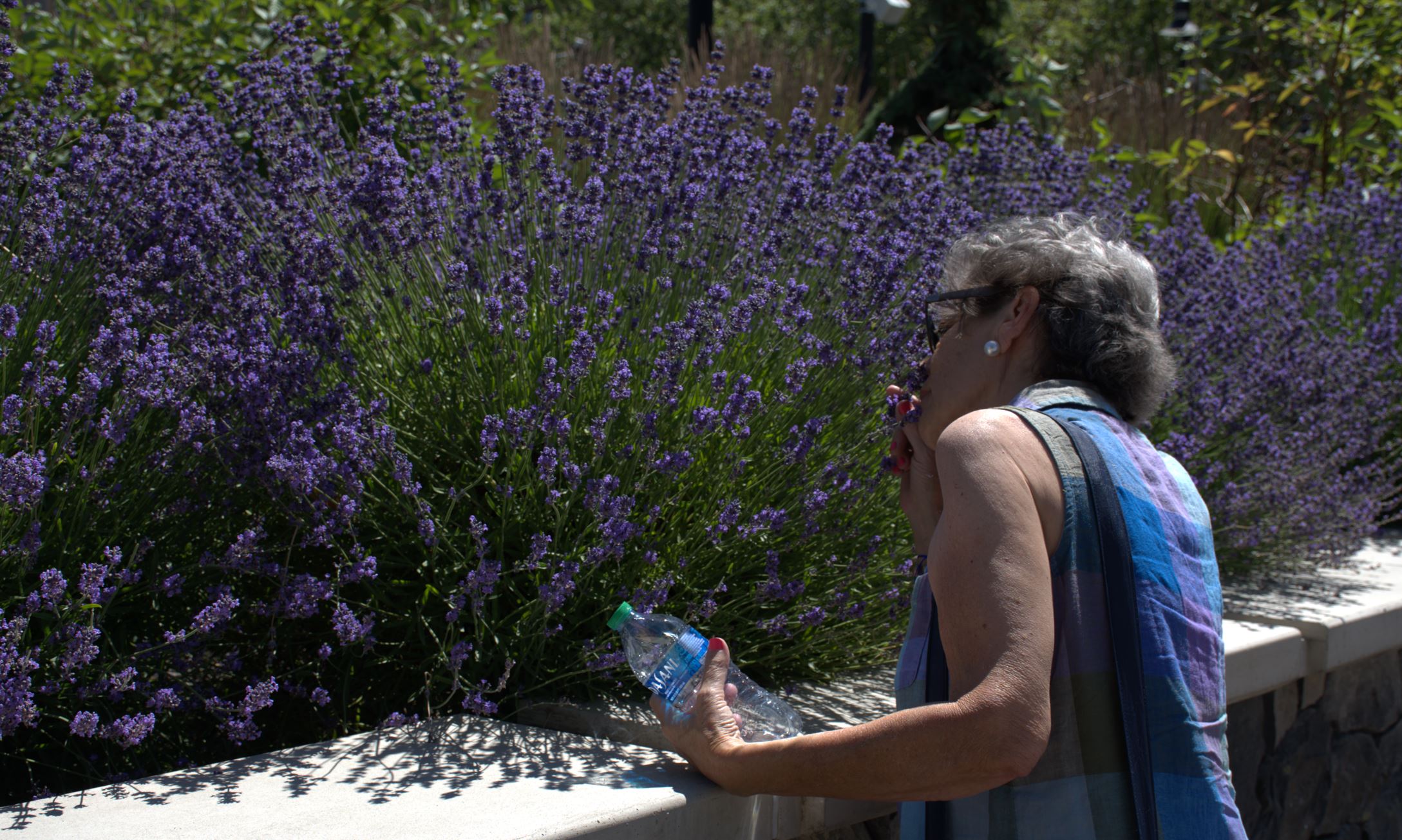
x
Hoopfest es un torneo anual de baloncesto 3 contra 3 al aire libre que se celebra en el centro de Spokane, Washington. Es el evento más grande de su tipo en el mundo. En 2011 el evento atrajo a 27.876 jugadores en 7.046 equipos. Comenzó en 1989 con 2.009 jugadores en 512 equipos y ha crecido a más de 6.700 equipos participantes. Se estima que alrededor de 175,000 fanáticos visitaron el evento tanto en 2010 como en 2011 (y probablemente durante muchos años antes, aunque no se habían observado estimaciones para años anteriores), lo que significa que el número total de personas en Hoopfest podría medirse en alrededor de 200,000, incluidos jugadores, fanáticos y voluntarios. Este número casi iguala la población del Censo de Spokane de 2010 de 208,000.
x
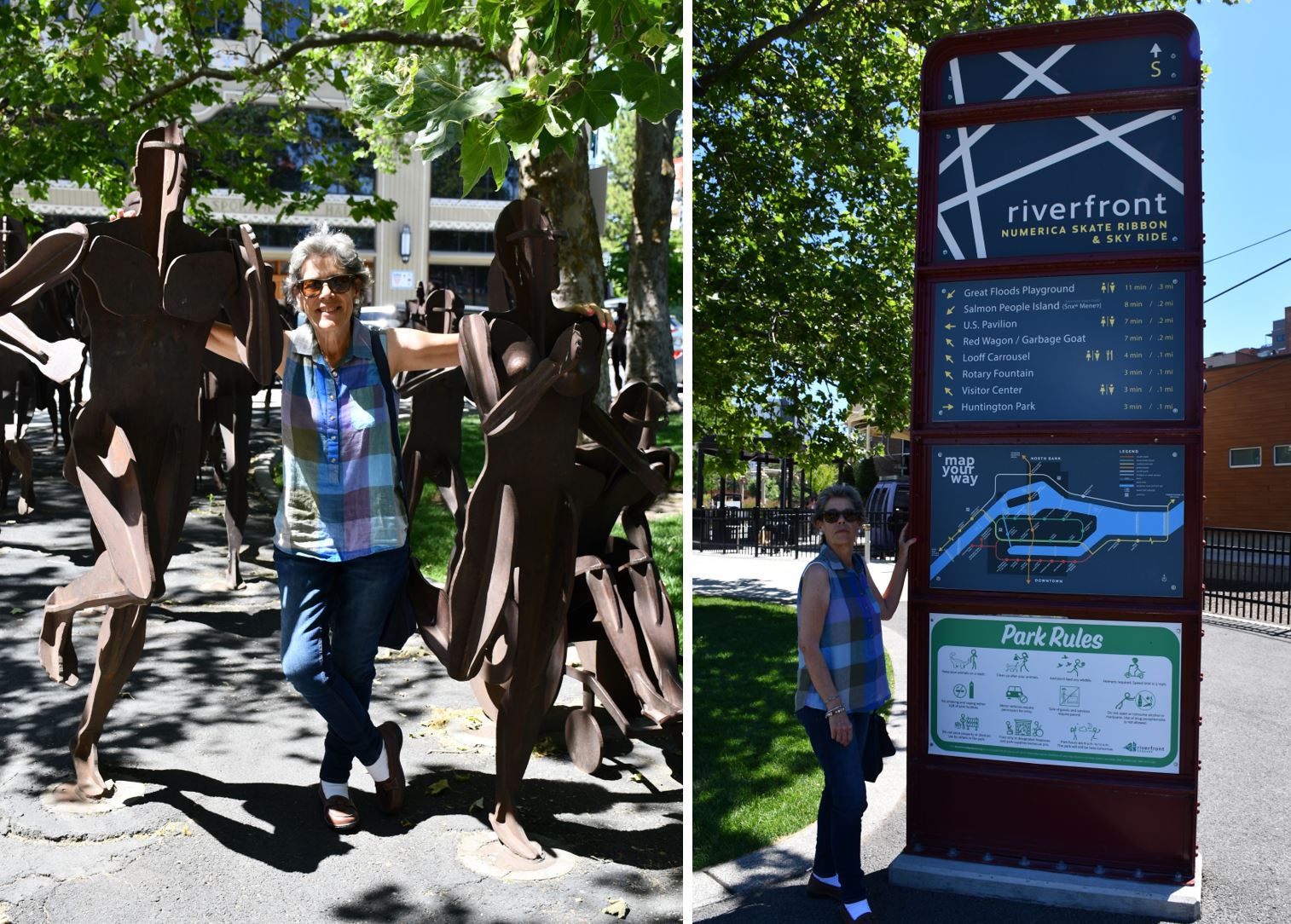
x
Hoopfest is not just a basketball event, as there is often live music being played in Riverfront Park, along with merchandisers and various food tents. A very wide range of players are allowed to play, as the only requirement is that players must be entering at least the third grade in the fall following Hoopfest. A few men in their seventies have participated in Hoopfest. Matching uniforms are very common among the male and female high school divisions, and some teams have taken it as far as to wear Halloween costumes.
x
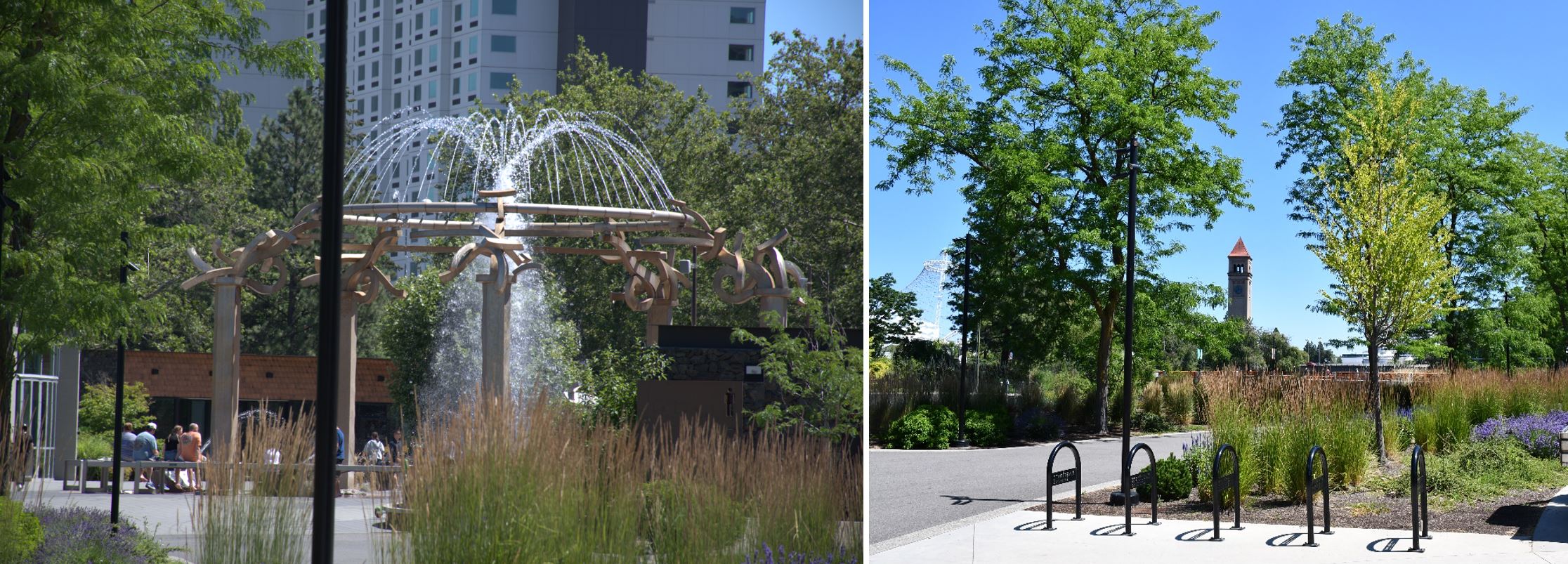
x
Hoopfest no es solo un evento de baloncesto, ya que a menudo se toca música en vivo en Riverfront Park, junto con comerciantes y varias carpas de comida. Se permite jugar a una amplia gama de jugadores, ya que el único requisito es que los jugadores deben ingresar al menos al tercer grado en el otoño posterior al Hoopfest. Algunos hombres de setenta años han participado en Hoopfest. Los uniformes a juego son muy comunes entre las divisiones masculinas y femeninas de la escuela secundaria, y algunos equipos han llevado tan lejos como para usar disfraces de Halloween.
x
x
The first people to live in the area, the Spokane tribe (their name meaning “children of the sun” in Salishan), lived off plentiful game.
Las primeras personas en vivir en el área, la tribu Spokane (su nombre significa “hijos del sol” en Salishan), vivían de la abundante caza.
x
The Spokan or Spokane people are a Native American Plateau tribe who inhabit the eastern portion of present-day Washington state and parts of northern Idaho in the United States of America.
El pueblo Spokan o Spokane es una tribu nativa estadounidense de la meseta que habita la parte oriental del actual estado de Washington y partes del norte de Idaho en Estados Unidos de América.
The current Spokane Indian Reservation is located in northeastern Washington state, centered at Wellpinit (Sčecuwe). The reservation is located almost entirely in Stevens County, but also includes two small parcels of land (totaling about 1.52 acres [0.62 ha]) in Lincoln County, including part of the Spokane River. In total, the reservation is about 615 square kilometers (237 sq mi).
x
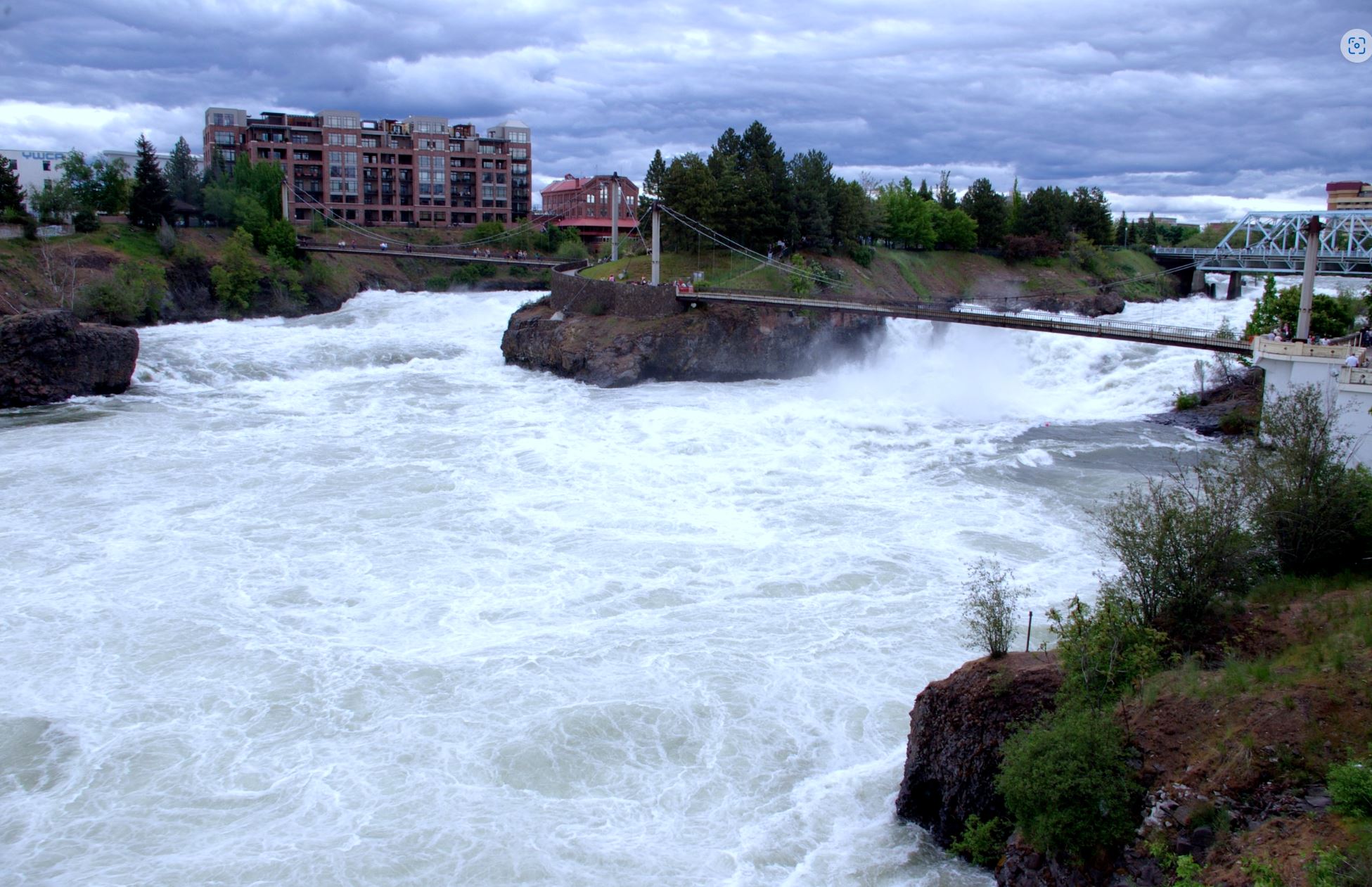
x
Spokane River
x
La actual Reservaciòn India Spokane se encuentra en el noreste del estado de Washington, centrada en Wellpinit (Sčecuwe). La reserva se encuentra casi en su totalidad en el condado de Stevens, pero también incluye dos pequeñas parcelas de tierra (que totalizan aproximadamente 1.52 acres [0.62 ha]) en el condado de Lincoln, incluida parte del Río Spokane. En total, la reserva es de unos 615 kilómetros cuadrados (237 millas cuadradas),
The city of Spokane, Washington (Sʎˈetkʷ) is named after the tribe. It developed along the Spokane River, within the historic ancestral land of the tribe, but not within the reservation.
La ciudad de Spokane, Washington (Sʎˈetkw) lleva el nombre de la tribu. Se desarrolló a lo largo del Río Spokane, dentro de la tierra ancestral histórica de la tribu, pero no dentro de la reservaciòn.
The Spokane language (Npoqínišcn) belongs to the Interior Salishan language family, being a dialect of Montana Salish. Therefore they are close kin both by language and culture to the neighboring Bitterroot Salish (Flathead) (Tˈatˈʔayaqn) and Pend d’Oreilles. They were in loose alliance with other Plateau tribes – and sometimes the Kutenai (Sqlˈse), Crow Nation (Stemčiʔ) and Cree-Assiniboine (Iron Confederacy) (Ncoʕʷaqs) joined in – against their common enemy (Sˈmen), the mighty Blackfoot Confederacy (Sčqˈʷišni) and later Lakota people (Hułnʔixʷtˈusm) on the east. The precontact population of the Spokane people is estimated to be about 1,400 to 2,500 people. The populations of the tribe began to diminish after contact with settlers and traders due to mortality from new infectious diseases endemic among the Europeans, and to which the Spokane had no acquired immunity. By 1829 a Hudson Bay Company trader estimated there were about 700 Spokane people in the area. Since the early 20th century, their population has been steadily increasing in 1985 tribal enrolled membership was reported as 1,961. In 2000 the US census reported the resident population of the reservation to be around 2,000 people.
x
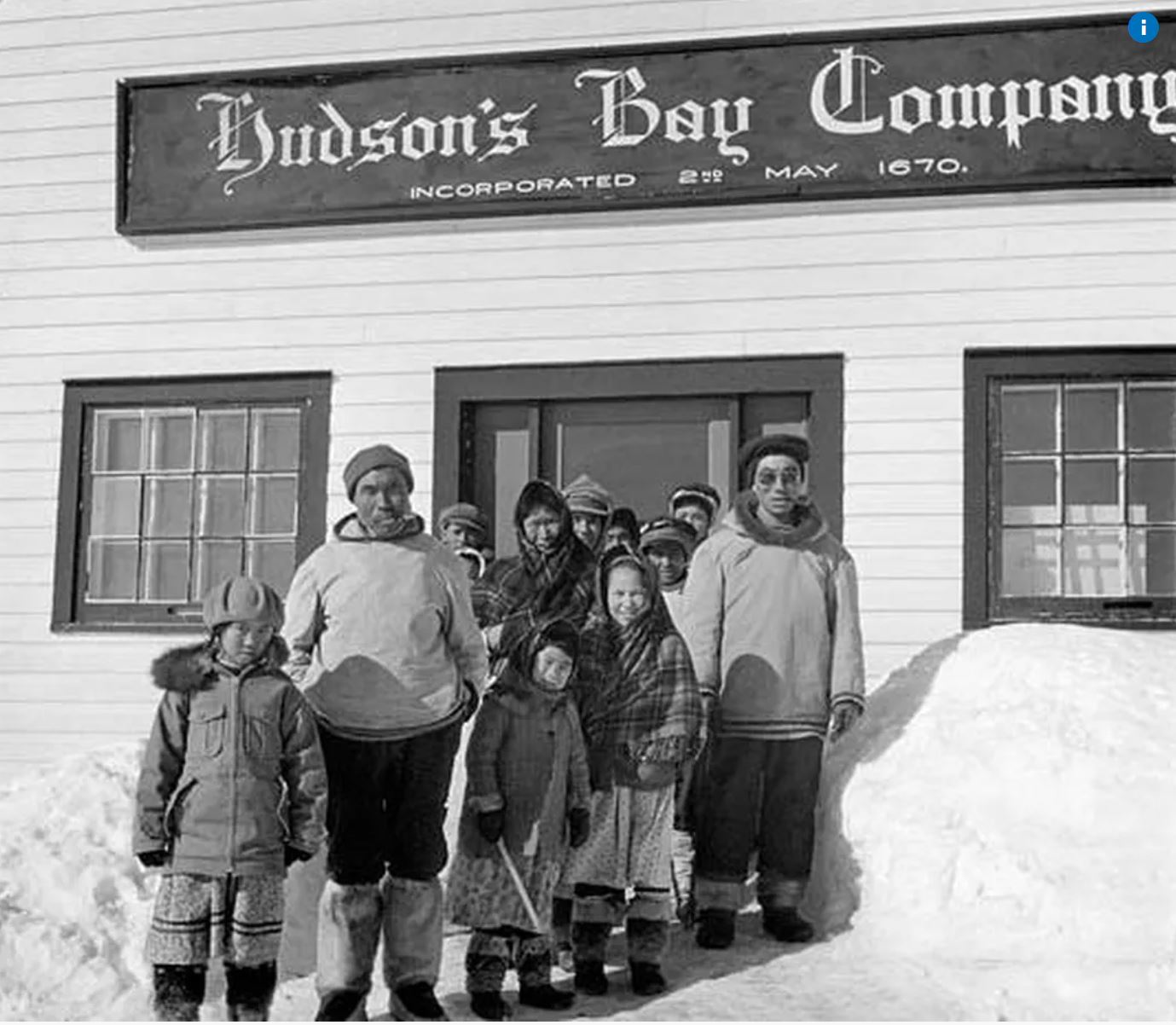
x
La lengua Spokane (Npoqínišcn) pertenece a la familia lingüística Salishan Interior, siendo un dialecto del Salish de Montana. Por lo tanto, son parientes cercanos tanto por idioma como por cultura de los vecinos Bitterroot Salish (Flathead) y Pend d’Oreilles. Estaban en alianza suelta con otras tribus de la meseta, y a veces los Kutenai (Sqlˈse), la Nación Cuervo (Stemčiʔ) y cree Assiniboine (Confederación de Hierro) se unieron, contra su enemigo común (Sˈmen), la poderosa Confederación Blackfoot (Sčqˈwišni) y más tarde el pueblo Lakota en el este. La población precontacto del pueblo Spokane se estima en alrededor de 1.400 2.500 personas. Las poblaciones de la tribu comenzaron a disminuir después del contacto con colonos y comerciantes debido a la mortalidad por nuevas enfermedades infecciosas endémicas entre los europeos, y a las que los spokane no tenían inmunidad adquirida. En 1829, un comerciante de la Compañía de la Bahía de Hudson estimó que había alrededor de 700 personas de Spokane en el área. Desde principios del siglo 20, su población ha ido aumentando constantemente en 1985 la membresía tribal inscrita se informó como 1.961. En 2000, el censo de Estados Unidos informó que la población residente de la reservaciòn era de alrededor de 2.000 personas.
x
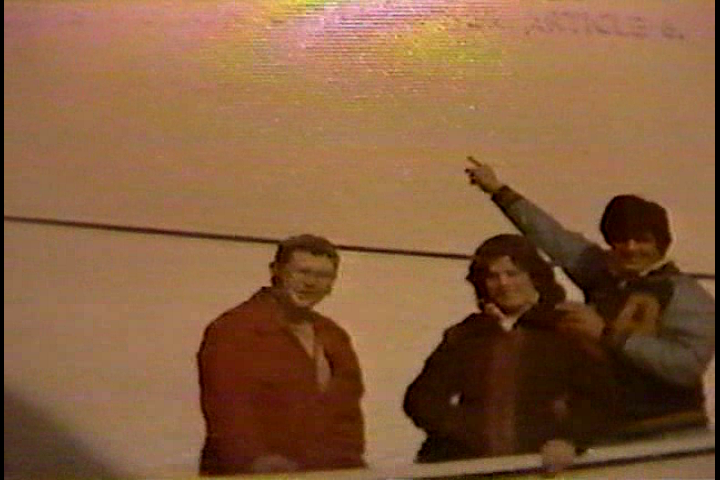
x
With Norman & Siomi in our honeymoon – Expo 74
x
David Thompson explored the area with the westward expansion and establishment of the Northwest Company’s Spokane House in 1810. This trading post was the first long-term European settlement in Washington. Completion of the Northern Pacific Railway in 1881 brought settlers to the Spokane area. The same year it was officially incorporated as a city under the name of Spokane Falls (it was re-incorporated under its current name ten years later). In the late 19th century, gold and silver were discovered in the Inland Northwest. The local economy depended on mining, timber, and agriculture until the 1980s. Spokane hosted the first environmentally themed World’s fair at Expo ’74.
x
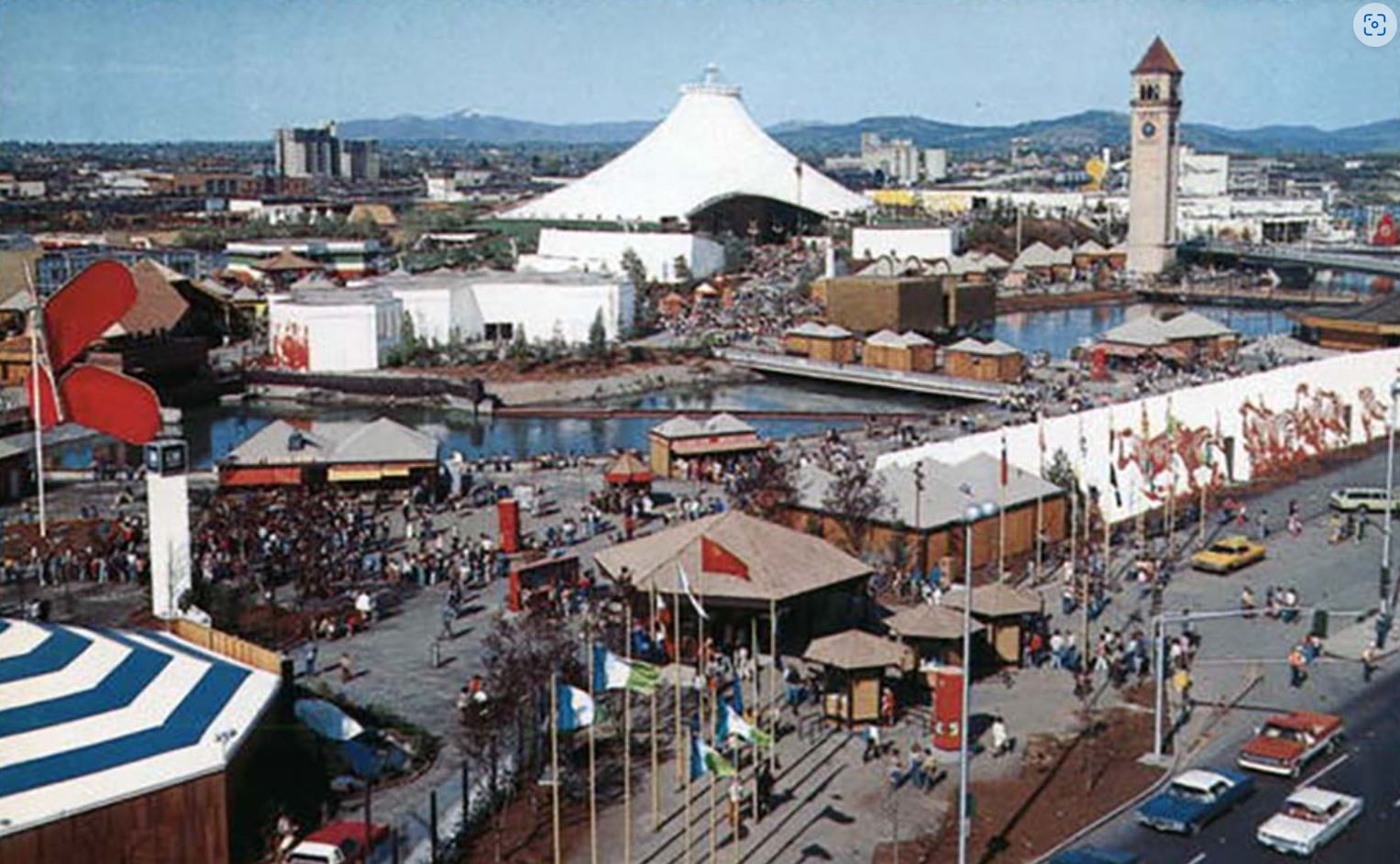
x
Las primeras personas en vivir en el área, la tribu Spokane (su nombre significa “hijos del sol” en Salishan), vivían de la abundante caza. David Thompson exploró el área con la expansión hacia el oeste y el establecimiento de la Casa Spokane de la Compañía del Noroeste en 1810. La finalización del Ferrocarril del Pacífico Norte en 1881 trajo colonos al área de Spokane. Este puesto comercial fue el primer acuerdo europeo a largo plazo en Washington. En 1881 la ciudad fue incorporada oficialmente bajo el nombre de Spokane Falls (fue reincorporada bajo su nombre actual diez años después). A finales del siglo XIX, el oro y la plata fueron descubiertos en el interior del noroeste. La economía local dependió de la minería, la madera y la agricultura hasta la década de 1980. Spokane fue sede de la primera feria mundial de temática ambiental en la Expo ’74.
x

x
Many of the downtown area’s older Romanesque Revival-style buildings were designed by architect Kirtland Kelsey Cutter after the Great Fire of 1889. The city is also home to the Riverfront and Manito parks, the Smithsonian-affiliated Northwest Museum of Arts and Culture, the Davenport Hotel, and the Fox and Bing Crosby theaters.
x
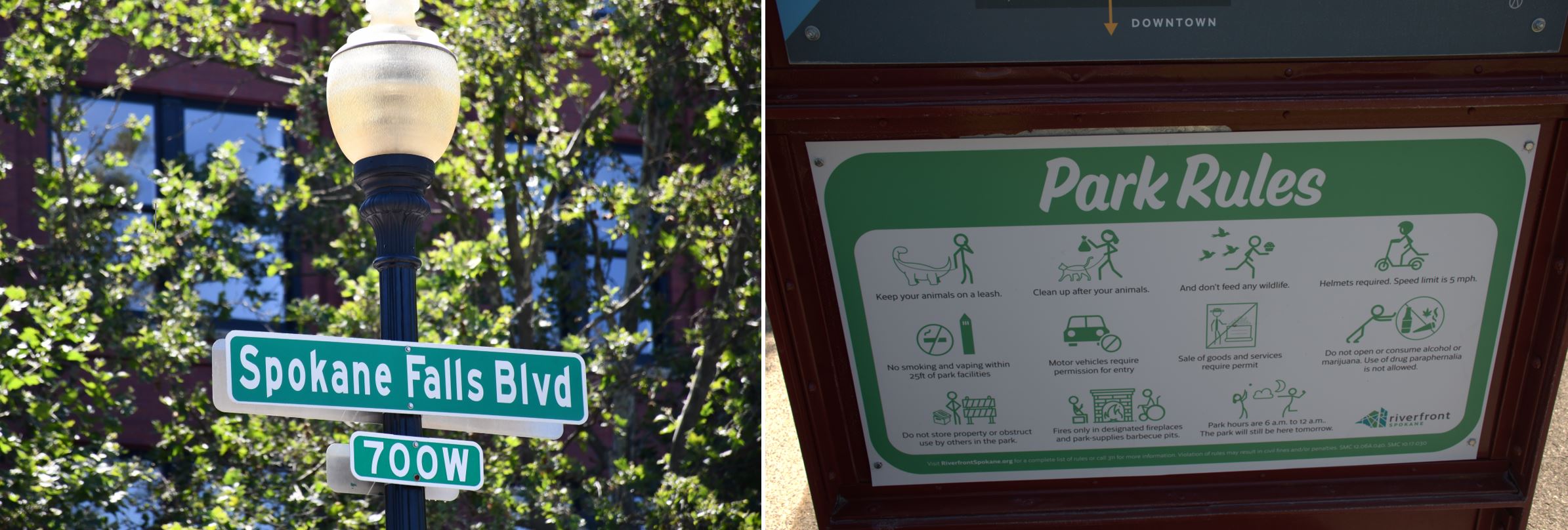
x
Muchos de los edificios de estilo románico más antiguos del centro de la ciudad fueron diseñados por el arquitecto Kirtland Kelsey Cutter después del Gran Incendio de 1889. La ciudad también alberga los parques Riverfront y Manito, el Museo de Arte y Cultura del Noroeste afiliado al Smithsonian, el Hotel Davenport y los teatros Fox y Bing Crosby.
x
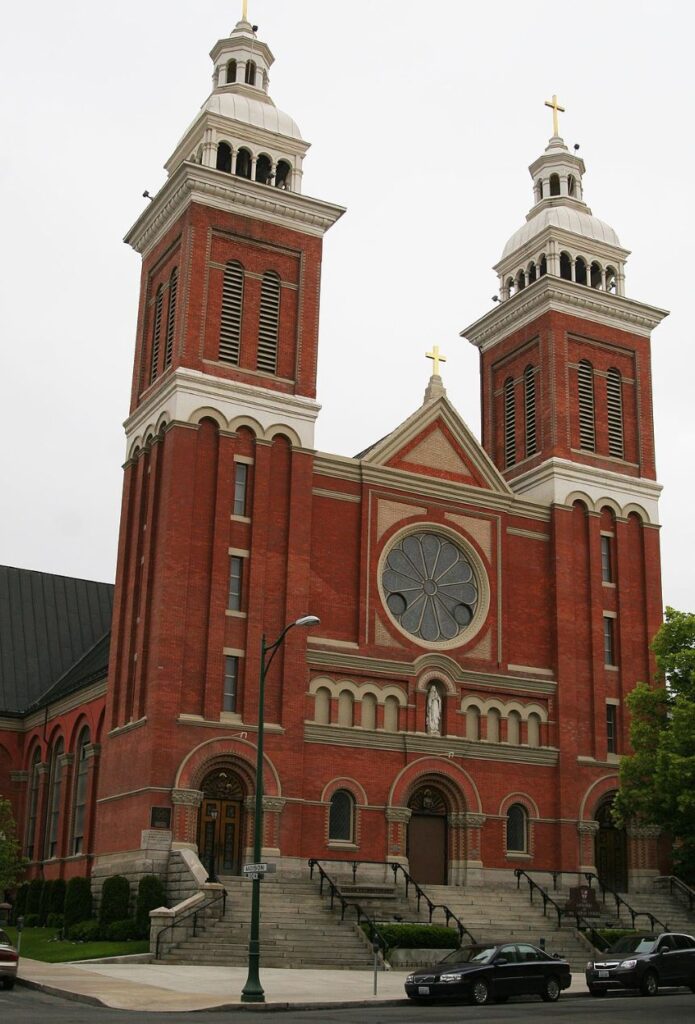
x
The Cathedral of Our Lady of Lourdes is the seat of the Roman Catholic Diocese of Spokane, and the Cathedral of St. John the Evangelist serves as that of the Episcopal Diocese of Spokane. The Spokane Washington Temple in the east of the county serves The Church of Jesus Christ of Latter-day Saints. Gonzaga University was established in 1887 by the Jesuits, and the private Presbyterian Whitworth University was founded three years later and moved to north Spokane in 1914.
x
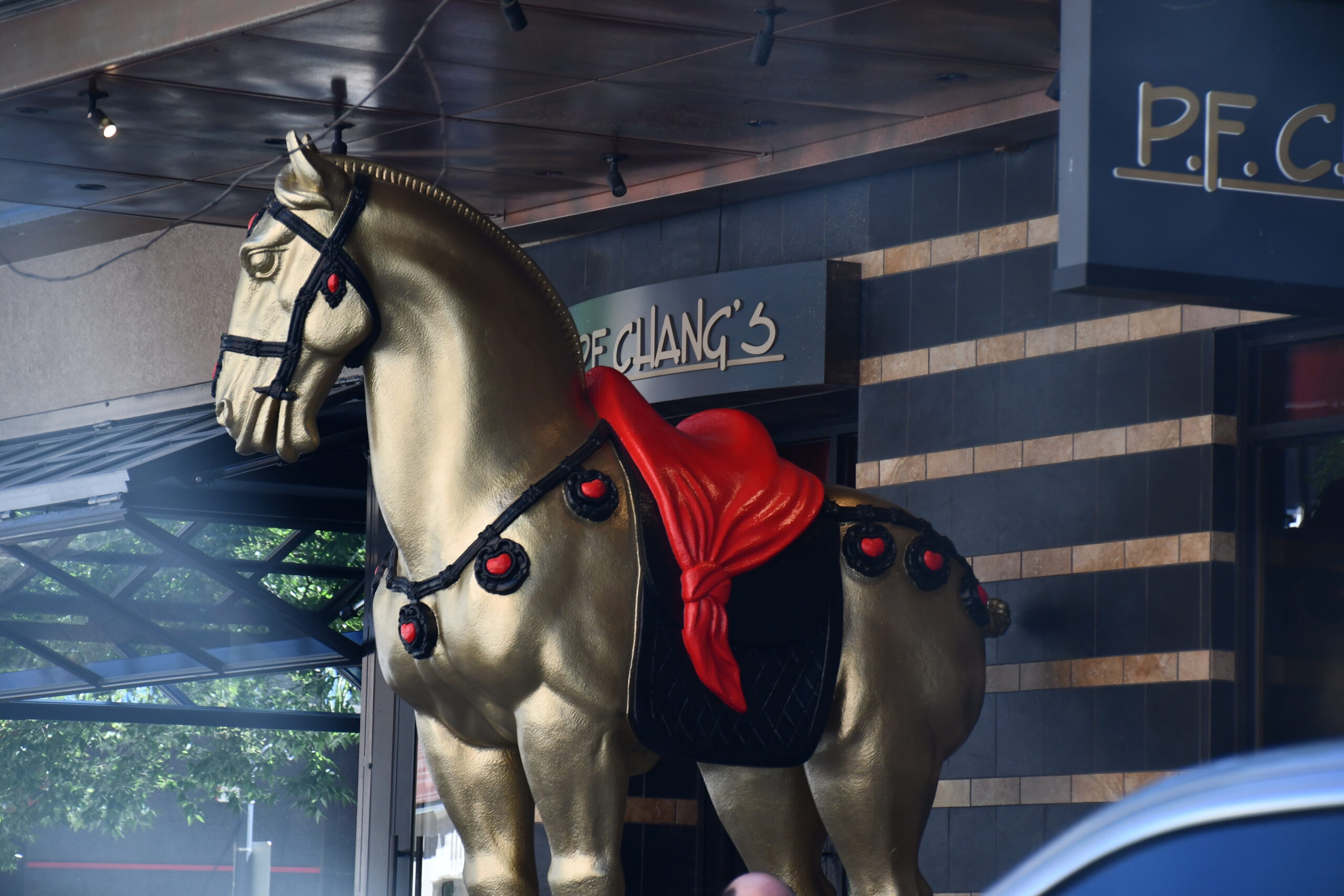
x
La Catedral de Nuestra Señora de Lourdes es la sede de la Diócesis Católica Romana de Spokane, y la Catedral de San Juan Evangelista sirve como la de la Diócesis Episcopal de Spokane. El Templo Spokane Washington en el este del condado sirve a La Iglesia de Jesucristo de los Santos de los Últimos Días. La Universidad Gonzaga fue establecida en 1887 por los jesuitas, y la Universidad Presbiteriana Whitworth privada fue fundada tres años más tarde y se trasladó al norte de Spokane en 1914.
x
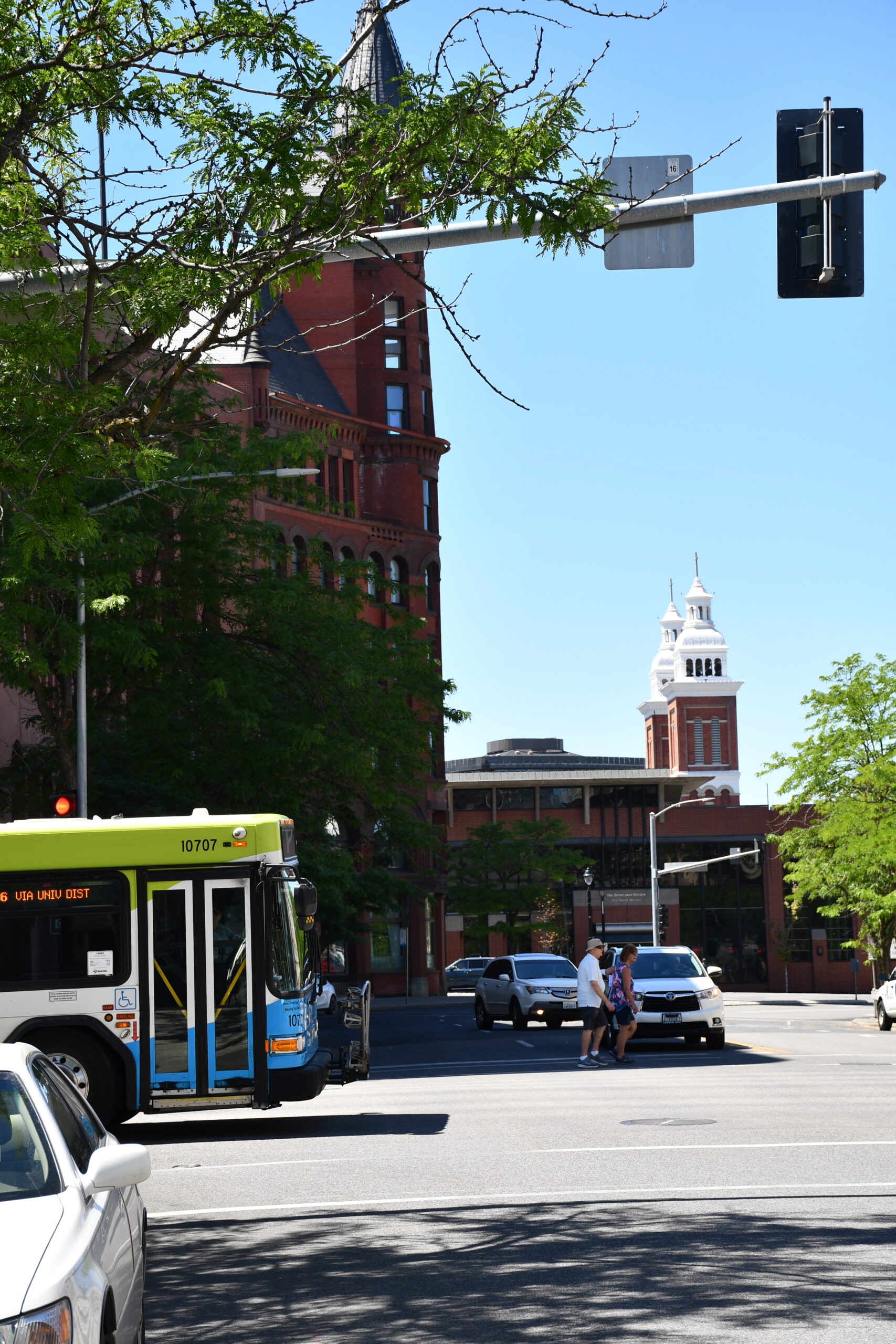
x
The city’s western suburb of Airway Heights is home to Fairchild Air Force Base as well as two large casino hotels. In sports, the region’s professional and semi-professional sports teams include the Spokane Indians in Minor League Baseball and Spokane Chiefs in junior ice hockey. The Gonzaga Bulldogs collegiate basketball team competes at the Division I level. As of 2010, Spokane’s major daily newspaper, The Spokesman-Review, had a daily circulation of over 76,000.
x

x
El suburbio occidental de la ciudad de Airway Heights es el hogar de la Base de la Fuerza Aérea Fairchild, así como de dos grandes hoteles casino. En deportes, los equipos deportivos profesionales y semiprofesionales de la región incluyen a los Spokane Indians en minor League Baseball y Spokane Chiefs en hockey sobre hielo junior. El equipo de baloncesto universitario Gonzaga Bulldogs compite en el nivel de la División I. A partir de 2010, el principal diario de Spokane, The Spokesman-Review, tenía una circulación diaria de más de 76.000 ejemplares.
x
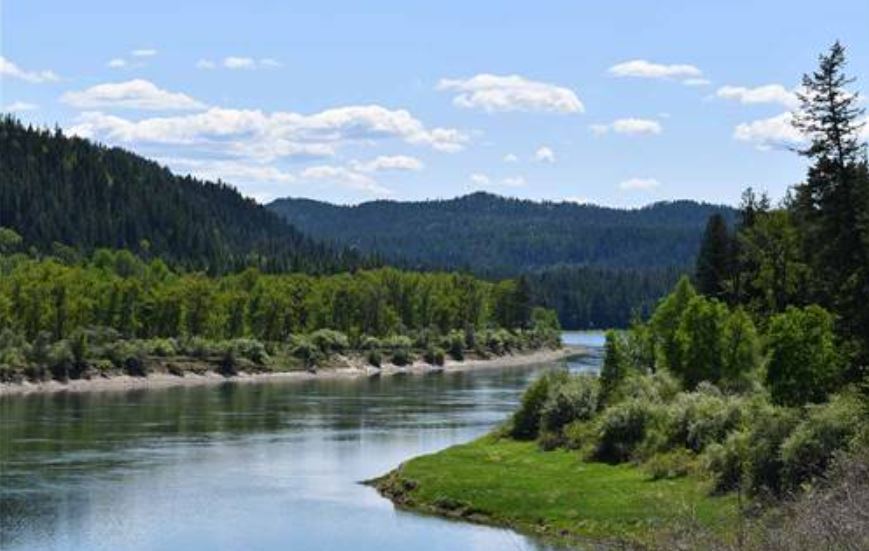
x
Colville River
x
The first humans to live in the Spokane area were hunter-gatherers that lived off plentiful fish and game; early human remains have been dated to 8,000 to 13,000 years ago. The Spokane tribe, after which the city is named (the name meaning “children of the sun” or “sun people” in Salishan), are believed to be either their direct descendants, or descendants of people from the Great Plains. When asked by early white explorers, the Spokanes said their ancestors came from “up North.” Early in the 19th century, the Northwest Fur Company sent two white fur trappers west of the Rocky Mountains to search for fur. These were the first white men met by the Spokanes, who believed they were sacred, and set the trappers up in the Colville River valley for the winter.
Los primeros humanos que vivieron en el área de Spokane fueron cazadores-recolectores que vivían de abundantes peces y caza; los primeros restos humanos se han fechado hace entre 8.000 y 13.000 años. Se cree que la tribu Spokane, después de la cual se nombra la ciudad (el nombre significa “hijos del sol” o “gente del sol” en Salishan), son sus descendientes directos o descendientes de personas de las Grandes Llanuras. Cuando los primeros exploradores blancos les preguntaron, los Spokane dijeron que sus antepasados provenían de “norte”. A principios del siglo 19, la Northwest Fur Company envió dos cazadores de pieles blancas al oeste de las Montañas Rocosas para buscar pieles. Estos fueron los primeros hombres blancos que se encontraron con los Spokanes, que creían que eran sagrados, y colocaron a los tramperos en el valle del Río Colville para el invierno.
Skyride
The Spokane SkyRide was one of the six disappointments of our trip. It is short and has many stops. If it didn’t stop so much, the trip would last a minute. The view from the telephone is very beautiful, however, in sectors you can see a lot of garbage and graffiti.
x

x
El Spokane SkyRide fue una de las seis decepciones de nuestro viaje. Es corto y tiene muchas paradas. Si no se detuviera tanto, el viaje duraría un minuto. La vista desde el teléfono es muy hermosa, sin embargo, en sectores se puede ver mucha basura. y grafities.
The SkyRide offers upfront views of the Spokane River and Spokane Falls that run through downtown Spokane. The ride last about 15 minutes, round-trip. In an “all weather” enclosed cabin you can see art deco City Hall, gradually drop down 200 feet over the Huntington Park Natural Area, across the Spokane River in front of one set of falls, under the historic Monroe Street Bridge and return to Riverfront Park.
x
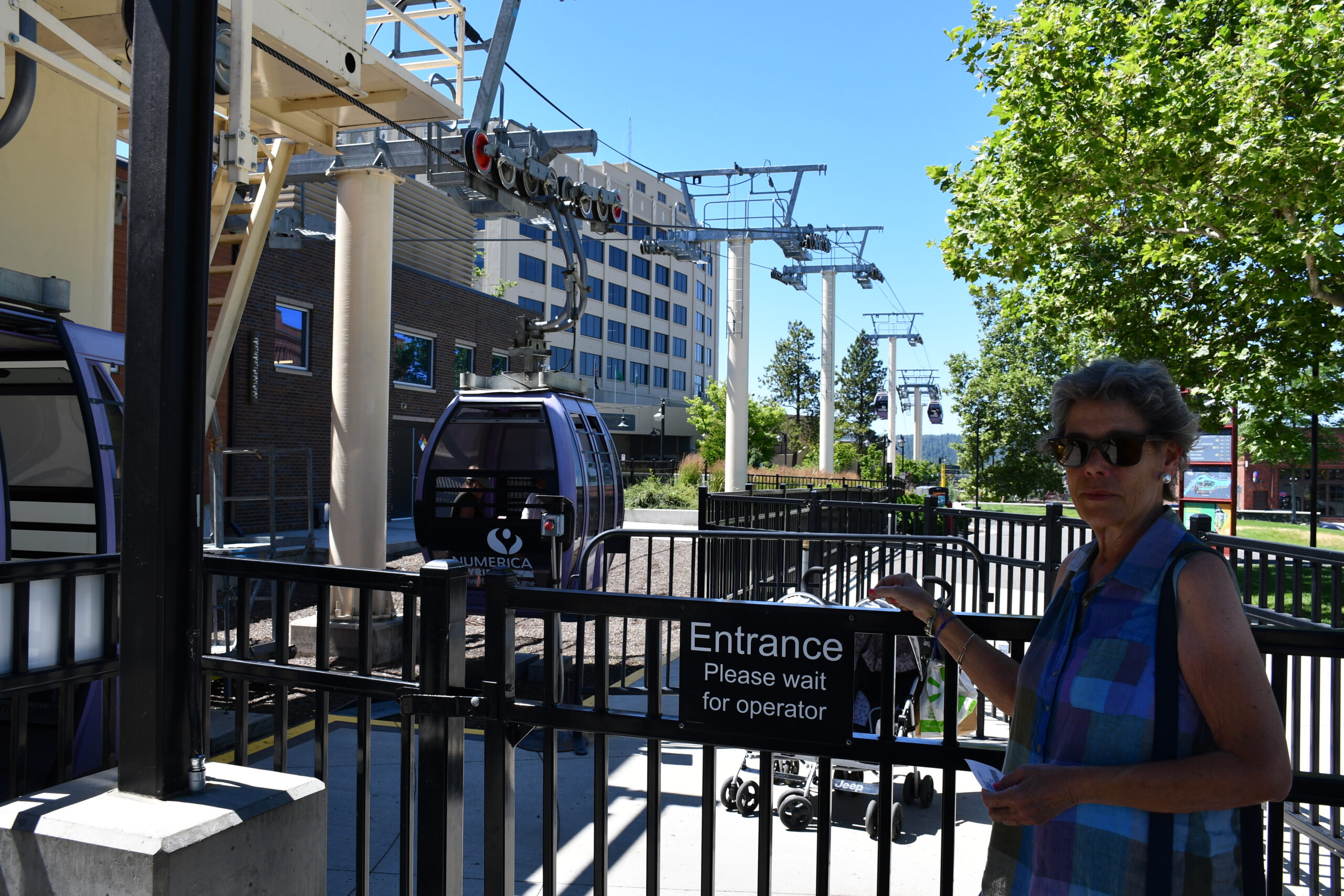
x
El SkyRide ofrece vistas directas del río Spokane y las cataratas Spokane que atraviesan el centro de Spokane. El viaje dura unos 15 minutos, ida y vuelta. En una cabaña cerrada “para todo tipo de clima” se puede ver el Ayuntamiento art deco, bajar gradualmente 200 pies sobre el Área Natural del Parque Huntington, cruzar el río Spokane frente a un conjunto de cataratas, debajo del histórico puente de Monroe Street y regresar al Parque Riverfront.
While the best views are March through June when water is raging, there is always something new to see. I took my camera and captured some memorable photos. The cabin windows open for clear shots. Sometimes, you can even catch a rainbow.
x

x
Si bien las mejores vistas son de marzo a junio, cuando el agua está furiosa, siempre hay algo nuevo que ver. Tomé mi cámara y capturé algunas fotos memorables. Las ventanas de la cabina se abren para tomas claras. A veces, incluso puedes atrapar un arco iris.
Children 15 and under must be accompanied by an adult. The elderly, infants, and those with medical conditions should use extreme caution during hot days.
x

x
Los niños menores de 15 años deben estar acompañados por un adulto. Los ancianos, los bebés y las personas con afecciones médicas deben tener extrema precaución durante los días calurosos.
Additionally, the SkyRide may be closed during high winds or temperatures over 90 degrees. It is recommended in the summer to make the SkyRide an early activity as it often gets warm, and the attraction closes for several hours until the cabins cool down.
x
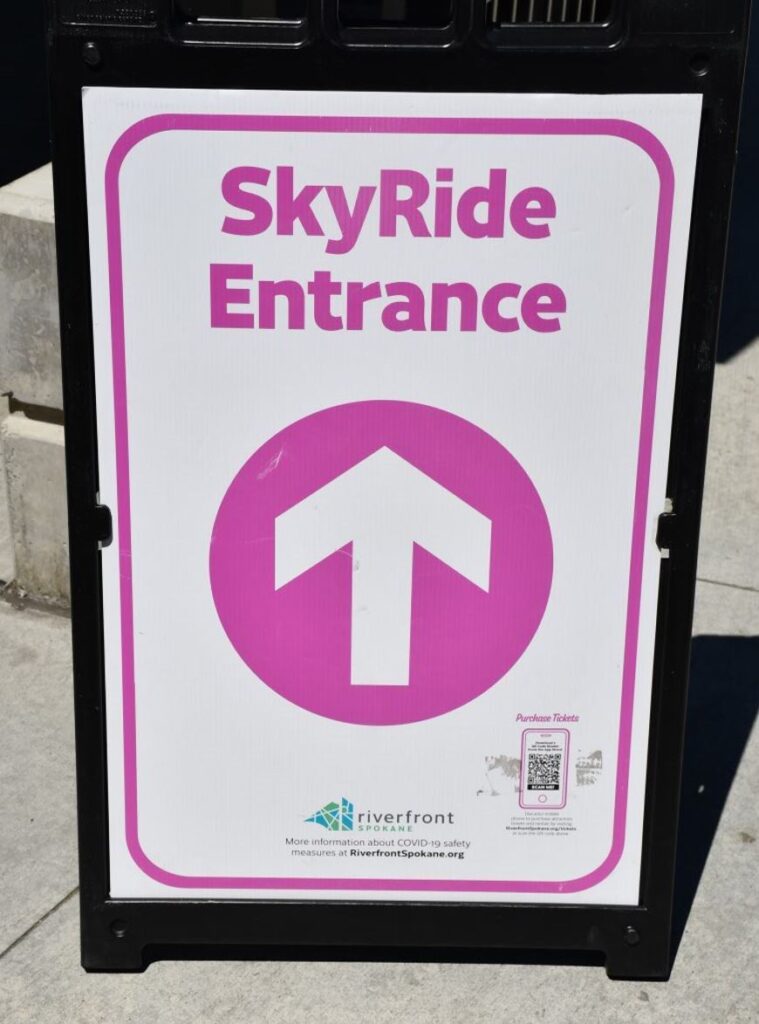
x
Además, el SkyRide puede estar cerrado durante fuertes vientos o temperaturas superiores a 90 grados. Se recomienda en el verano hacer del SkyRide una actividad temprana, ya que a menudo hace calor, y la atracción cierra durante varias horas hasta que las cabañas se enfrían.
The SkyRide shares a ticketing facility with the Skate Ribbon, located at the corner of Spokane Falls Blvd. and Post St. Tickets are available to purchase on-site and online. If you purchase your ticket online, you should take your online ticket confirmation to SkyRide admission gate. To receive group discount all tickets much be used on the same visit. Riding the SkyRide cost $ 10.95 for adults; $ 7.95 for youth 3-12. Children 2 and under are free.
x

x
El SkyRide comparte una instalación de venta de boletos con Skate Ribbon, ubicado en la esquina de Spokane Falls Blvd. y Post St. Los boletos están disponibles para comprar en el sitio y en línea. Si compra su boleto en línea, debe llevar la confirmación de su boleto en línea a la puerta de admisión de SkyRide. Para recibir el descuento de grupo todas las entradas se utilizarán mucho en la misma visita. Montar en el SkyRide cuesta $ 10.95 para adultos; $ 7.95 para jóvenes de 3 a 12 años. Los niños menores de 2 años entran gratis.
Downtown Spokane
The Clock Tower
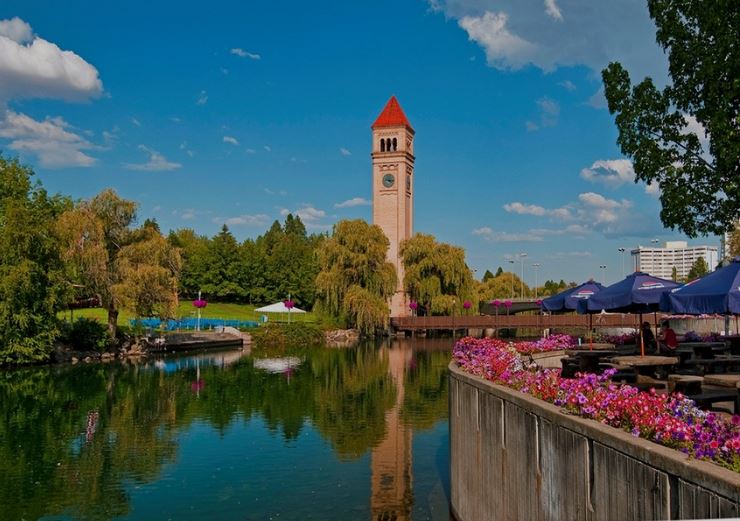
The Clock Tower’s South wall was part of the depot’s exterior, while the lower portions of the North, East, and West walls resided in the building. If you look closely at the East and West walls (about halfway up) you will see a sloping line where the roof was originally located.
La pared sur de la Torre del Reloj era parte del exterior del depósito, mientras que las partes inferiores de las paredes norte, este y oeste residían en el edificio. Si se observa de cerca las paredes este y oeste (aproximadamente a mitad de camino) se verá una línea inclinada donde se encontraba originalmente el techo.
During 1972 and 1973, long after the “glory days” of train travel, the Great Northern Railroad Depot was demolished as Spokane made preparations for Expo ’74. The Clock Tower was able to be preserved and serves as a reminder of Spokane’s railroad history.
x
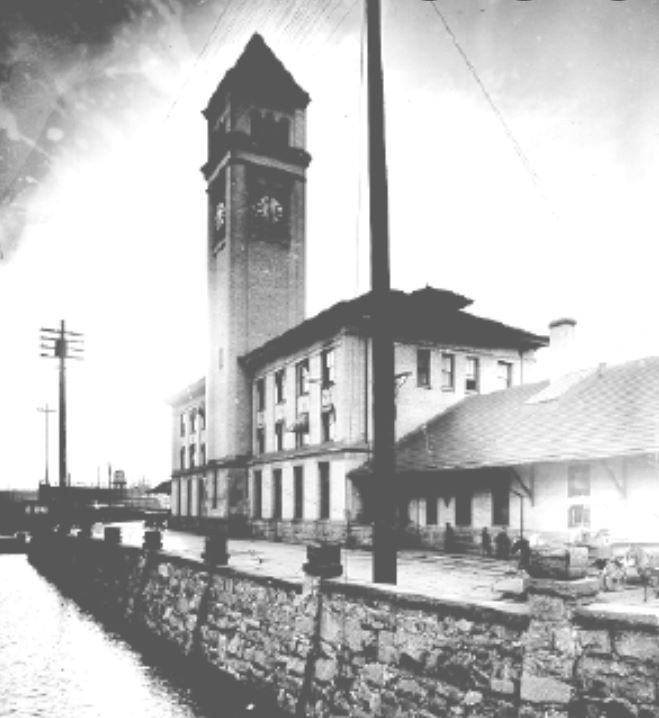
x
Durante 1972 y 1973, mucho después de los “días de gloria” de los viajes en tren, el Great Northern Railroad Depot fue demolido mientras Spokane hacía preparativos para la Expo ’74. La Torre del Reloj pudo ser preservada y sirve como un recordatorio de la historia ferroviaria de Spokane.
This 121-year-old “giant grandfather clock” is wound by hand once a week. The clockworks are housed in a small room behind the 4 clock faces. Each week, a technician climbs 5 stories to reach the clockworks. It takes 99 turns of the crank to rewind the clock.
x
Este “reloj gigante del abuelo” de 121 años se le da cuerda a mano una vez a la semana. Los mecanismos se encuentran en una pequeña habitación detrás de las 4 caras del reloj. Cada semana, un técnico sube 5 pisos para llegar a los relojes. Se necesitan 99 vueltas de la manivela para rebobinar el reloj.
The pendulum weighs about 200 pounds and is suspended from a thin strip of metal. The counterweights hang from cables and descend approximately 40 feet between windings. If the time needs to be adjusted, it is done from inside the clockworks room.
El péndulo pesa alrededor de 200 libras y está suspendido por una delgada tira de metal. Los contrapesos cuelgan de los cables y descienden aproximadamente 12 metros entre los devanados. Si es necesario ajustar el tiempo, se hace desde el interior de la sala de relojes.
x
The clock hands on each face are attached to a shaft which connects to a U-joint in the clockworks. Each clock face measures 9 feet in diameter. At the top of every hour, the Clock Tower can be heard throughout the park. The sound of the electronic chimes is amplified through speakers in the top of the tower.
Las manecillas del reloj en cada cara están unidas a un eje que se conecta a una unión en U en los relojes. Cada esfera del reloj mide casi 3 metros de diámetro. En la parte superior de cada hora, la Torre del Reloj se puede escuchar en todo el parque. El sonido de las campanadas electrónicas se amplifica a través de altavoces en la parte superior de la torre.
Index
| 1st Street Restaurante de Deer Park
…..Eating Prime Ribs …..Mark & the story of the Bread Board …..Hay bales …..Hay roles …..Harold Weger |
||||||||||||||||||||||||||
|
||||||||||||||||||||||||||
Index of our trips |

